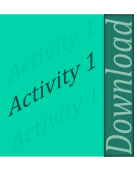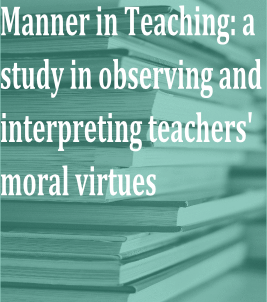
The dominant normative theories in ethics are deontological theories (e.g. Kantian ethics) and consequentialist theories (e.g. Benthamite utilitarianism). Deontological theories emphasise the place of fundamental principles or rules which act as means of guiding behaviour and which form the basis of assessing whether an action is ‘right’.

A weakness of this approach is the impossibility of creating codes of conduct which are sufficiently detailed to cover every eventuality. In consequentialist theories, the rightness of an action is determined by its outcome, which, in terms of Bentham’s utilitarianism, is concerned with assessing ‘the greatest good for the greatest number’. Among its limitations are the practical difficulties of how utility is measured and the risk that it supports ‘a tyranny of the majority’, perhaps leading to undue victimisation of individuals.
In this unit, you will learn how virtue ethics, a credible alternative to these theories, can be applied to ethical teaching practice. In doing so, you will explore some of the recent scandals connected to the teaching profession, and consider the implications for being or becoming a virtuous teacher. You will also be presented with some ethical dilemmas that you might face when teaching, and be asked to think about how you might respond.
Watch this video where Dr. John Ryan gives an introduction to the unit and explains some of the activities within it.


Review the 24 personal character strengths as listed in the VIA Survey of Character Strengths and download and complete the worksheet. Select the character strengths which you feel are most important for the different professions listed.

J. Arthur- Written at a time when interest in character and character education in England was growing, this publication showcases seven schools, both private and state, that make character education a conscious part of their day to day practice through a variety of approaches. | C. Fallona- This paper shows how manner may be made visible, as a philosophical concept and an object of empirical inquiry. Using Aristotle’s ethics as the framework, the philosophical inquiry examines the conceptual nature of teachers’ moral conduct, and the empirical inquiry analyses their moral conduct. | J. Manuel and J. Hughes- This article reports on an investigation into the motivations of a cohort of pre‐service teacher education students, undertaking a five‐year, full‐time combined undergraduate and initial teacher education degree program at the University of Sydney, Australia. |








